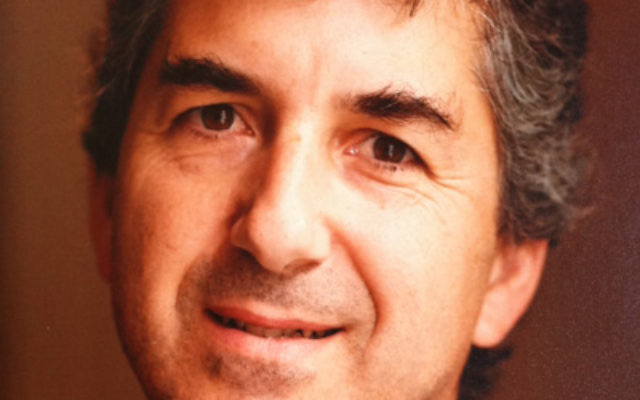Israelis sharing with India
YOUNG Israelis are using their expertise to support Indian development, thanks to a program established by ex-Melburnian Yonatan Glaser.
YOUNG Israelis are using their expertise to support Indian development, thanks to a program established by ex-Melburnian Yonatan Glaser (pictured).
Educator Glaser – Melbourne-born, now Jerusalem-based – is the director of B’Tzedek, an Israeli training organisation offering internships for university graduates eager to apply their skills to help the less fortunate, through projects in Israel and India.
Glaser, who was one of the founders of Netzer Australia in the late 1970s, outlined the aims of B’Tzedek and its Leadership and International Fellowship Experience (LIFE) program.
The three-year-old program – which has the support of the Israeli Government, the Jewish Agency and MASA Israel – currently has seven Jewish interns, aged between 21 and 30, from Israel and the Diaspora, involved in projects in Israel and India. The program begins with a three-week training period in Israel, and then continues with a four-month Indian internship and a similar length internship in Israel.
Participants do not take part in direct services, explained Glaser. Rather, they develop professional service provision strategies in their chosen field, such as program development, capacity building, program evaluation and policy.
“It is a win-win for those involved in the program, who can go on and apply their experience in other areas, and also, of course, for the millions of recipients,” Glaser told The AJN, on a recent personal trip back to Melbourne.
One participant was involved in developing a model to transition three million Indians from unsafe drinking water to a high-quality water supply. The project was designed to overcome resistance created by centuries-old water-gathering practices.
For the Israeli component, the participant developed a strategy for the deputy mayor’s office in Jerusalem to liaise with government departments on a sustainability policy for the city.
“Perhaps this kind of work is not as immediately gratifying as working directly on the ground with the service recipients. It’s more of a relay-team approach and, like so much in the professional world, you don’t necessarily see the results of your contribution to the project overnight. But in the long run, it’s extremely rewarding,” Glaser said.
PETER KOHN


comments